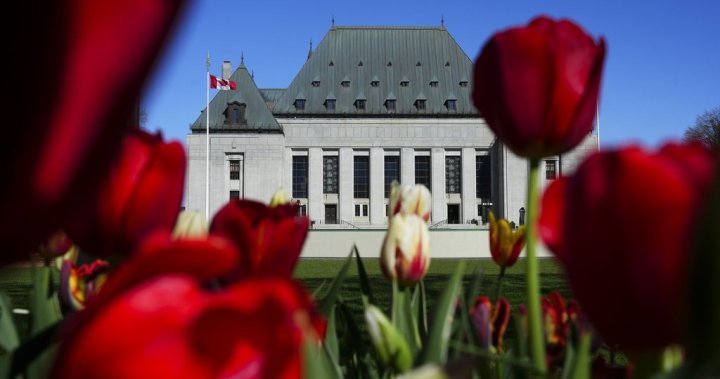In a decision that’s stirring quiet waves across Montreal’s security industry, Quebec’s highest court has confirmed what many federal contractors have long argued – provincial security regulations don’t apply when you’re working on federal turf.
The Court of Appeal’s ruling essentially creates a two-tier system for security guards in our city. Those working at provincial sites must comply with Quebec’s Private Security Act, while those at federal locations – think airports, ports, and government buildings – operate under different rules.
As I walked through Place Ville Marie yesterday afternoon, I couldn’t help noticing the security personnel stationed throughout the complex. “Many Montrealers don’t realize the complex regulatory environment these guards navigate,” explains Michel Levesque, director of the Montreal Security Industry Association, whom I spoke with last week about this developing story.
The case began when the Bureau de la sécurité privée (BSP), Quebec’s private security regulator, took Neptune Security Services to court. Neptune had been providing guards to federal properties without provincial permits, arguing they weren’t needed for federal work.
“This isn’t just a technical legal distinction,” says constitutional lawyer Emmanuelle Tremblay. “It reflects our complex federal system where jurisdictional boundaries often overlap in practice but remain distinct in law.”
The court’s decision, written by Justice Marie-France Bich, states clearly that while Quebec can regulate private security companies generally, this authority stops at the boundaries of federal jurisdiction.
For Montreal residents, the practical implications might seem minimal, but security experts suggest otherwise. Pierre Thibault, security consultant and former federal facility manager, told me during our coffee meeting in Old Montreal that “standards could potentially vary between sites literally across the street from each other.”
The Neptune case may sound specialized, but it highlights a broader constitutional principle that touches many industries. The doctrine of “interjurisdictional immunity” essentially creates zones where provincial laws can’t reach, even when federal laws don’t fully occupy the field.
What’s particularly interesting about this case is how it balances security concerns with constitutional divisions of power. The Quebec government argued that allowing unregulated security guards anywhere in the province could create safety issues. However, the court determined that federal properties already have their own security standards and requirements.
Walking through the Old Port last weekend, I noticed both provincial-licensed security guards and those working under federal jurisdiction, sometimes mere meters apart. This visual reminder of our complex federalism is something most Montrealers pass by without a second thought.
Statistics from the BSP show over 11,500 licensed security agents currently working across Montreal. The ruling potentially affects hundreds of these professionals who might now work under different regulatory frameworks depending on their assignment location.
“For security professionals, this ruling provides welcome clarity,” notes Sophia Richardson, HR director at Sentinel Security Services. “Previously, many guards were uncertain whether they needed provincial licensing for federal contracts.”
The Quebec government hasn’t yet announced whether it will appeal to the Supreme Court of Canada. However, legal experts I’ve consulted suggest this case touches on fundamental principles of Canadian federalism that might interest our highest court.
For everyday Montrealers, perhaps the most important takeaway is understanding that security services across our city operate under different regulatory frameworks – something to consider when evaluating security measures at different locations.
As Montreal continues to host significant federal infrastructure alongside provincial and municipal facilities, this jurisdictional dance will likely continue to shape how security services are delivered throughout our uniquely positioned city.







